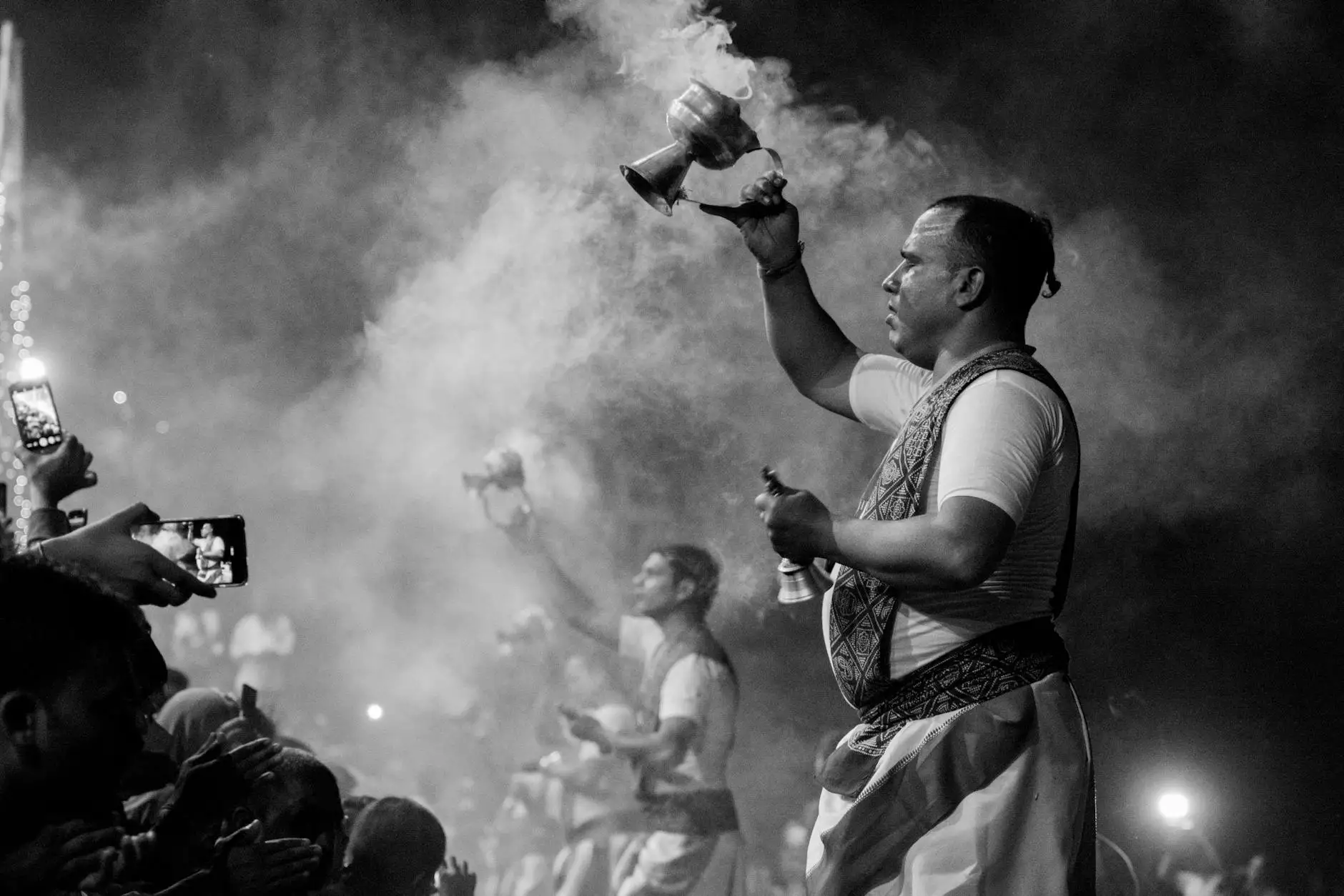The Spiritual and Cultural Experience of Going to a Black Church

For many, going to a black church is not just a weekly activity; it’s a deeply enriching experience that fosters community, spirituality, and cultural expression. Black churches have historically served as pillars within their communities, offering sanctuary, strength, and support. This article delves into the profound significance of these establishments, exploring how they shape lives and enrich the fabric of society.
A Historical Overview of Black Churches
The roots of black churches in America can be traced back to the 18th century, when African slaves sought ways to maintain their spiritual beliefs amidst the oppressive conditions of slavery. These churches became safe havens where African Americans could gather, worship, and form a sense of identity and community. The evolution of black churches reflects broader societal changes and the struggles for civil rights and social justice.
Key Historical Moments
- The First African Baptist Church in Savannah, Georgia, founded in 1773, is one of the earliest examples of black congregations forming independently.
- The role of black churches during the Civil Rights Movement cannot be overstated. Leaders like Martin Luther King Jr. emerged from these religious spaces, using them as platforms for activism.
- Modern black churches continue to serve as essential community centers, addressing not only spiritual needs but also social issues such as education, health, and justice.
The Importance of Community in Black Churches
One of the defining characteristics of black churches is their focus on community. These churches act as the heart of the community, offering a place where individuals can come together, form lasting relationships, and support one another. The communal aspect of worship is emphasized through various activities.
Building Strong Community Bonds
When you step into a black church, you're greeted with a sense of belonging. Members often engage in:
- Weekly Worship Services: These gatherings are filled with powerful music, dynamic preaching, and shared experiences that create a strong communal bond.
- Social Events: From potlucks to community outreach programs, the church often hosts activities that strengthen relationships among members.
- Support Groups: Many black churches provide mentorship and support for families, youth, and individuals facing life's challenges.
The Role of Music and Worship in Black Churches
Going to a black church often involves an unforgettable musical experience. Music plays a pivotal role in the worship experience, uniting congregants and expressing faith in powerful ways.
Types of Worship Music
The worship music in black churches ranges from traditional hymns to vibrant contemporary gospel. Here are some notable styles:
- Gospel Music: This genre encompasses various styles and is characterized by its uplifting messages and energetic performances.
- Spirituals: Often rooted in the history of slavery, spirituals reflect deep emotional and cultural narratives, connecting the past with the present.
- Contemporary Praise and Worship: Many churches incorporate modern musical styles that resonate with younger congregants while maintaining strong theological messages.
Spiritual Teachings and Life Lessons
The teachings delivered in black churches are often rich with life lessons, drawn from biblical texts that resonate with the struggles and triumphs of everyday life. Pastors and leaders typically share messages that emphasize:
- Hope and Resilience: Many sermons focus on overcoming adversity, reflecting the community's history of facing and conquering challenges.
- Social Justice: Black churches often advocate for social change, drawing on their heritage to promote equality and justice for all.
- Personal Growth: Spiritual teachings encourage personal development and help congregants navigate life's complexities with faith and purpose.
Community Outreach and Service
Beyond spiritual nourishment, black churches actively engage in community service, addressing various social issues. They often run programs aimed at improving the quality of life for residents.
Examples of Community Initiatives
- Food Drives: Many churches organize efforts to combat food insecurity, providing meals and resources to those in need.
- Tutoring and Education Programs: By offering support to students and adults seeking education, black churches help uplift the community through knowledge and skill development.
- Health Fairs: Many churches host health initiatives to promote wellness, often addressing disparities in healthcare access within the community.
The Significance of Cultural Identity
Going to a black church also embodies a celebration of African American culture and heritage. The church serves not only as a spiritual center but also as a space for preserving and celebrating cultural identity.
Cultural Expressions
Elements of African culture are often integrated into worship, including:
- Art: Artwork and symbols representing African heritage adorn churches, contributing to a rich visual identity.
- Rituals: Many churches incorporate traditional rituals and practices that reflect African customs and spiritual beliefs.
- Storytelling: Narratives passed down through generations are often shared during sermons, keeping history alive.
The Youth and Future of Black Churches
The future of black churches rests with the youth, who play a crucial role in their evolution. Engaging younger generations ensures that these spaces continue to thrive and adapt.
Engaging the Younger Generation
To connect with younger congregants, many black churches are implementing strategies such as:
- Modern Technology: Utilizing social media and streaming services to reach a broader audience and facilitate online worship.
- Youth Programs: Creating targeted programs for youth that address their specific needs and interests.
- Leadership Opportunities: Encouraging young members to take on leadership roles within the church, fostering a sense of ownership and involvement.
Conclusion: The Lasting Impact of Going to a Black Church
Going to a black church is more than a weekly visit; it is a deeply significant experience that intertwines spirituality, community, culture, and social action. These churches serve not only as places of worship but as crucial community hubs that foster resilience, hope, and empowerment. As we reflect on the importance of these institutions, we recognize the vital role they play in shaping lives and communities, continuing a legacy that can inspire future generations.
By understanding the cultural, historical, and spiritual significance of black churches, we can appreciate the richness they bring to the broader narrative of faith and community.



